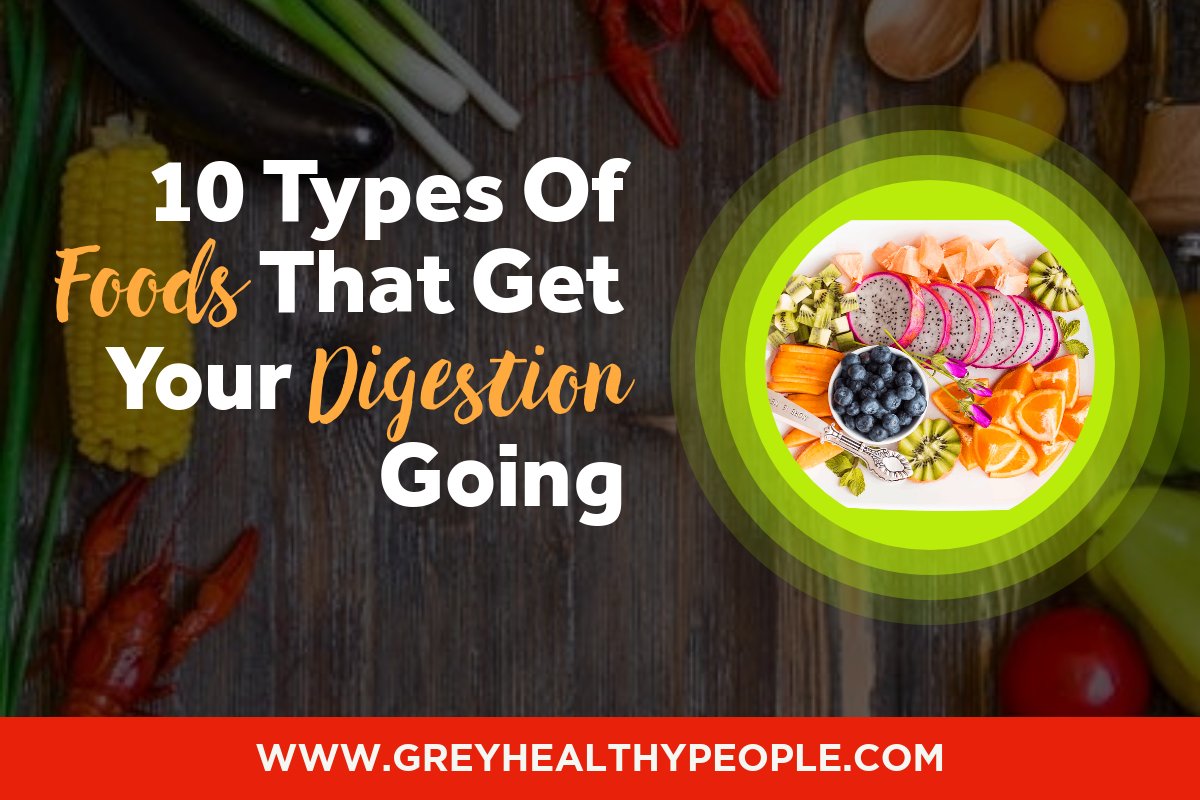Today everything has to happen quickly. We don’t have time. No time to cook proper food, no time to sit down for lunch, no time to chew our food properly. But times are changing and with many people experiencing food related health problems, awareness on how to eat properly is growing.
Especially talks about issues concerning our gut have been dominating the health blog world for over a year now. The main recipe for well-functioning bowel movements is a healthy and balanced diet. This won’t come as a surprise to you. But it’s good to know a bit more about which substances are essential for our digestion, and in which foods you can find them.
The main nutrients our body need for a healthy digestion are probiotics, dietary fiber, enzymes and Omega 3 fatty acids.
Read on to find out about the foods containing these nutrients and will get your digestion going, and you will be able to regulate your body’s function with more ease.
- Yogurt
The probably best known food group that supports a healthy gut are probiotics, found mainly in yogurt. Probiotics are a well known dietary supplement, healthy bacteria that work in the digestive tract, balancing out the bad bacteria. Many yogurt brands add additional probiotics like lactobacillus to their product to increase the benefits.
Prebiotics are non-digestive food ingredients, responsible to stimulate bacterial growth in your colon. The combination of these two supplements make yogurt especially beneficial in healing any gut related issues and in boosting your digestion. Check the yogurt label to verify the content of probiotics and prebiotics as some contain more than others.
- Fermented Foods
Similar to yogurt, fermented foods like Sauerkraut, Miso or Kimchi contain probiotics, the healthy bacteria, that keep your gut healthy. If you prefer drinking your bacteria: Kombucha currently experiences a revival and can be found in many health stores. Or try Kefir for an alternative to sipp on.
- Fruits and Vegetables
Dietary fiber is one of the biggest promoters of healthy bowel movements. 25 – 30 grams per day are recommended as a daily intake. There are two different types of fiber: Soluble and insoluble fiber. Soluble fiber dissolves in the colon and forms a gel like fluid covering the inner walls of the colon, enabling the stool to pass. Insoluble fiber on the other hand binds and absorbs water, turning your stool bulkier.
Fruits like apple and pear contain a lot of both types of fiber. A medium apple contains 4.4 grams, a pear even 5.5 grams. Both fruits are rather cheap, so they won’t burn a hole in your pocket. Bananas are high in fiber as well, and additionally support your digestive tract if suffering from diarrhea. On the vegetable front, half an avocado contains even over 6 grams of fiber. Avocados are also high in Omega 3 fatty acids, the third component of a healthy digestion, supporting your body and gut by reducing inflammation.
- Beans and Legume
Beans, lentils and chickpeas are real digestion boosters. These food groups are especially beneficial for vegetarians and vegans as they contain lots of protein and vitamins, next to soluble fiber firing up your digestive tract. Add toasted chickpeas to your salad, or dip your veggies in some hummus and you get your bowels moving. If you are planning to cook dried chickpeas, beans or lentils, make sure you soak them in water for 24 hours before cooking, to avoid or lessen the bloating effect that some people experience after consumption.
- Whole Grains
Whole grains contain lots of insoluble fiber. Try to avoid bread made of white flour and opt for whole grain based bread instead, like rye or spelt. If you prefer cereals, have a bowl of plain oats for breakfast, topped with seeds, nuts and some fruit for an extra health and digestion boost. Whole grains are full of vitamins and minerals, lower in sugar, and they keep you full for much longer than the consumption of white flour based bread and pastries.
- Ginger
Enzymes are the fourth type of nutrients that food needs in order to be digested properly. Simply put, enzymes break down the food we eat into smaller components, playing a big part in the complex digestion process. Ginger contains lots of enzymes, plus it has the power to soothe your stomach if you suffer from bloating or nausea. Pour 2 cl of boiling water over several slices of fresh ginger to sip on after a meal, or use some grated ginger in a vegetable stir fry for an oriental spice kick.
- Bitters
Bitters currently enjoy a new hype. We are living in a world in which the food industry makes a lot of effort to lessen naturally occuring bitter flavours in our food and changes it for more pleasing ones like sweetness. Therefore we rarely experience any bitter taste anymore. We even avoid it. But bitters activate the production of saliva and bile juice, both crucial for digestion.
Bitters have a tradition as as aperitif and digestif, tasty alcoholic drinks. As alcohol is not recommended for regular use to improve your digestion, we have a great alternative for you! Dark chocolate. But make sure it contains at least 80% cacao. You can find bitters also in leafy greens like arugula, chicory salad, our well known superfood kale, or dandelion.
You might need a few attempts to get used to the taste, but you can start incorporating only a bit to one meal per day and observe the effect it has on your digestive system. Alternatively – there is always that piece of dark chocolate for dessert!
- Citrus
Lemon and grapefruit are part of bitter citrus fruits and real digestion booster. A way to integrate these sour fruits into your diet is by squeezing half a lemon into warm water and drink it first thing in the morning, to kick start your bowel movements not only through the lemon, but also through hydration.
- Dried Prunes and Dates
Dates are bursting of fiber. Cut up 1 – 2 dates to sweeten your smoothie or oats, or have them as dessert after dinner. Start with just a few and don’t indulge, as some people experience a very strong effect on their digestive system after consumption of prunes and dried dates.
- Chia Seeds
Chia seeds are a great source of soluble fiber and Omega 3 fatty acids, and they are very easy to incorporate into your meals. You can sprinkle them over your muesli, or add them into a soup, curry or salad. They are not strong in taste hence very flexible in their use. Due to their amount of fiber, chia seeds are highly recommended to get your digestion going. For a less expensive alternative try flax seeds.
And what about the drinks?
On top of eating a healthy, fresh and balanced diet, drinking enough water is crucial. Water helps us to to digest soluble fiber and to keep the stool soft, so it can move through the colon with ease.
Avoid sugary drinks and opt for water and herbal teas instead, or add some cucumber or lemon slices to your water to mix up the flavour. Try to drink at least 1.5 liter per day, which is easiest if carrying a water bottle with you throughout the day, or place a pot of tea on your office desk, that reminds you to drink.
Author Bio
Kosta Miachin is the creator of VIKASA Yoga method – a unique, challenging and effective approach to yoga. He is also the founder of VIKASA Yoga Academy. You can find him online: http://www.vikasayoga.com




